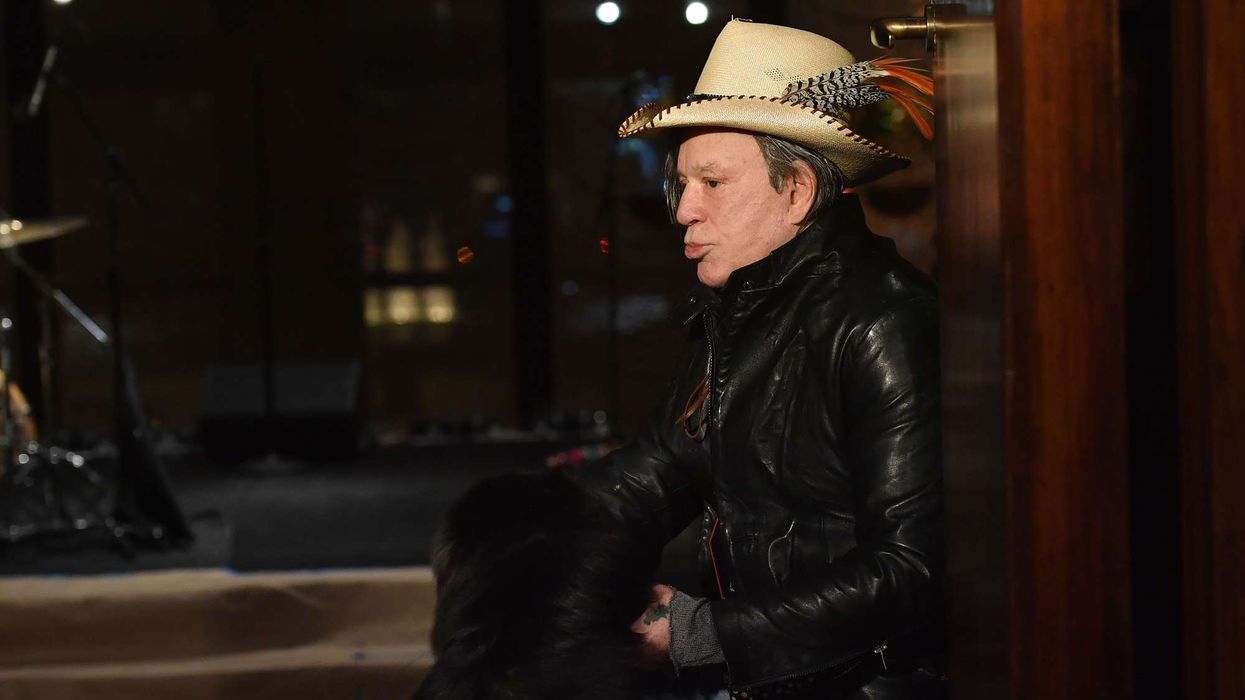by LAUREN CODLING
AN INDIAN opera singer has revealed how he was discovered by chance at a masterclass in Delhi, as he made his professional musical debut in the UK last month.
Darwin Prakash began his career at the world-famous Glyndebourne opera house last month.
The 25-year-old, from Delhi, was discovered when he decided to attend a music class with friends in 2014.
Although Prakash was fond of singing – he was previously part of an acapella group and was a regular fixture at his church choir – he had no formal singing training.
The masterclasses, organised by the Neemrana Music Foundation, a company which promotes Western classical music, were occasionally taught by teachers from overseas.
That was where the chorus singer first met Dr Robert Alderson, a British music teacher, who had travelled to India during the summer.
Impressed by Prakash’s vocal abilities, Alderson singled him out and asked him to attend the remainder of the classes, and then told the singer to consider moving to Manchester, where he offered him singing lessons.
Prakash made the decision to move and relocated to the UK in December 2014. Although it was an incredible opportunity, he revealed it was not always easy. Prakash had no friends and family in the UK and admitted it was initially lonely.
“Suddenly, my whole support system was cut off and I had to start from scratch,” he told Eastern Eye.
“But I have a second family here now and Robert is like my second father.”
With the support of Alderson, and after training with him for six months, Prakash eventually applied to the Royal Academy of Music.
He was accepted and was taught by Professor Mark Wildman, the head of vocal studies at the institute.
The singer has now begun to make substantial progress in the classical music scene.
In May, the baritone made his professional debut, appearing in a chorus at the Glyndebourne opera house.
Prakash, who featured in two productions, The Barber of Seville and The Damnation of Faust, said the feeling of being on stage was unlike anything he had ever experienced before.
“To see the auditorium packed and hear the applause... there are no words to describe it,” he said. “It is heartening to hear such an amazing response.”
By his own admission, Prakash’s family and friends were incredibly excited about his music achievements. His old church choir was especially proud of him, he revealed.
“I have known some of these people since I was 10 years old, so it is nice to see them happy for me,” Prakash said.
“We are such a close-knit group and whenever I return to Delhi, I go back to the church and join in with the choir on a Sunday.”
He also hoped his parents would be able to see one of the productions at Glyndebourne.
Neither of them has watched an opera before.
Prakash does not think opera is popular in India, and though there are opportunities in larger cities to learn about Western classical music, it was not a common career choice, he believed.
Although the vocalist admitted he did not initially listen to Western classical music, he described the emotions of being able to sing freely in a powerful manner.
“It is amazing – you get such a good feeling to sing with an orchestra,” he said. “It is such a big, beautiful sound and you wonder how it is possible for a human to make a sound of such magnitude.”
He added: “Being part of a chorus also allows you to meet people and bond. It is such a fun part of it, and you make friends from the groups you get into. You come across new people all the time.”
Prior to pursuing a career in music, Prakash had obtained an undergraduate honours degree in geology. His plan was to apply for a masters in oceanography or environmental geology.
“It was a very different path,” he laughed. “When I think about it, I don’t know if I would like geology (as a career). Of course, I loved it, but now... music makes me so happy.”











